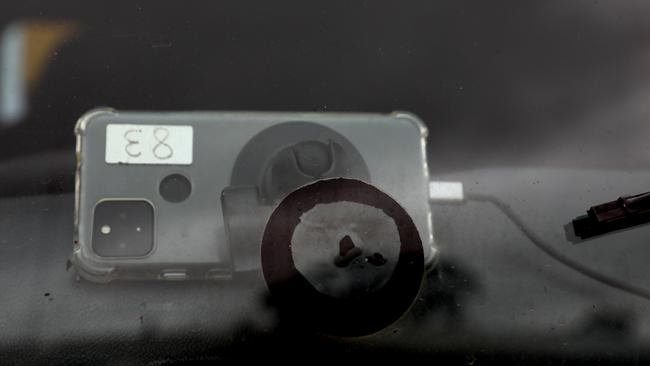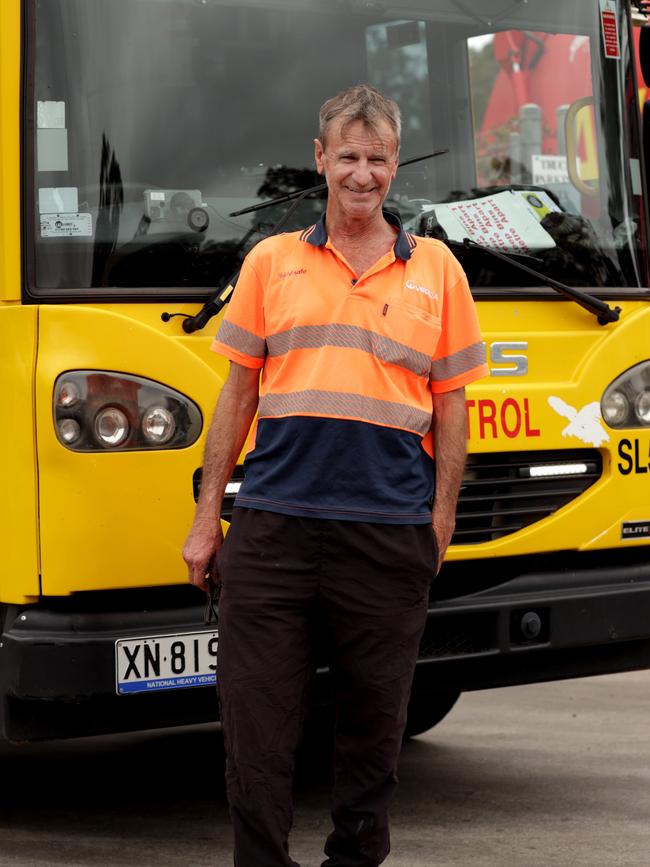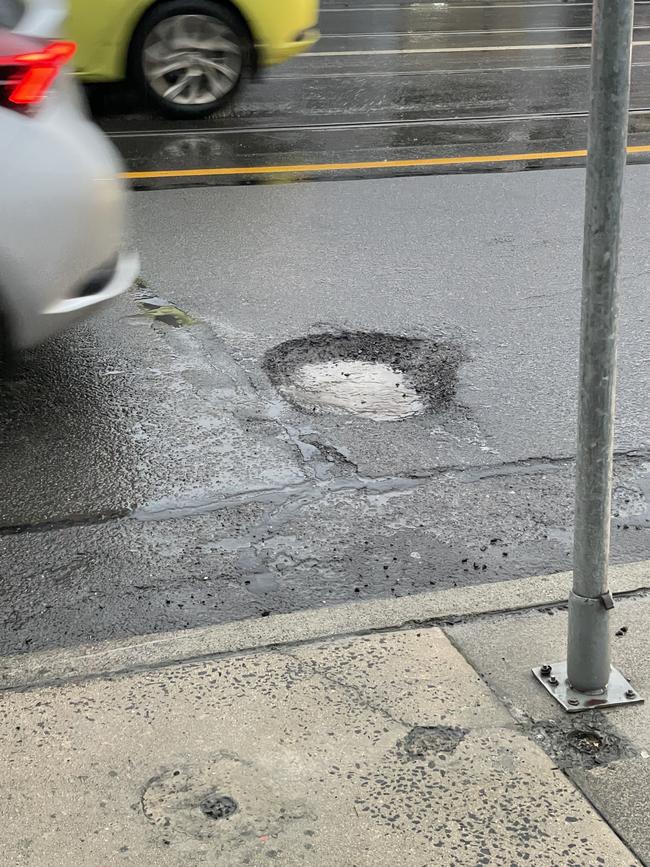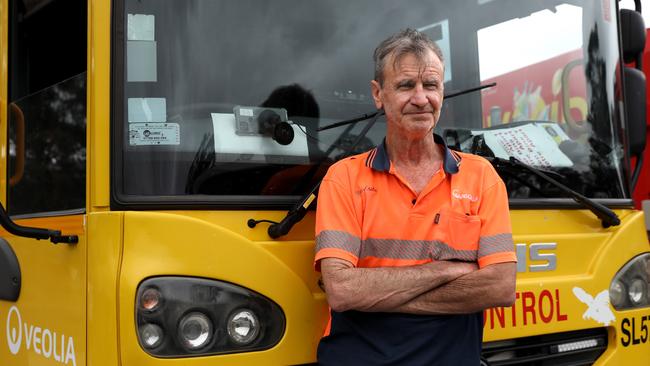Artificial intelligence can find potholes in roads before motorists
Sydney drivers are being banged up by potholes in Blacktown twice as often as they are in Bayside, new figures reveal, as some councils start using AI to find potholes before motorists do.

NSW
Don't miss out on the headlines from NSW. Followed categories will be added to My News.
Sydney drivers are being banged up by potholes in Blacktown twice as often as they are in Bayside, new figures reveal, as some local councils start using artificial intelligence to help find potholes before motorists do.
The NRMA were called out for wheel and tyre repairs – most often associated with damage from potholes – on more than 7100 occasions in the Blacktown LGA between November 2023 and October 2024, followed by 6100 call-outs in Canterbury-Bankstown and 5000 in the Northern Beaches.
Across most LGAs the number of call-outs spike in the months following periods of heavy rain which cause further damage to local roads, peaking in the wettest months of February, May and June.


On NSW’s south coast, Shoalhaven City Council has been dealing with the fallout of 14 natural disaster declarations in just four years including significant damage to the region’s roads, enlisting AI technology to track hazards on the street including potholes to be patched up.
The city’s six garbage trucks traverse almost 90 per cent of the city’s roads every fortnight and provided the perfect vehicle to scan the streets while making their rounds.
Mounted to the dashboard, a deactivated smartphone records the road ahead and the data is then “triaged” to create repair jobs, allowing the council to rectify more than 10,000 defects in three months.
Shoalhaven Council chief information officer Dane Hamilton said the AI-powered technology, developed by Australian software company TechnologyOne, has been “invaluable”, with the data now being used as part of a statewide trial that will “support future planning and allow for efficient use of our resources”.
“With 1700 kilometres of road to monitor and maintain, it was becoming difficult for traditional methods to keep up,” he said.
“The community expects safe, well-maintained roads … AI and intelligent defect management is helping us to identify and address issues which will ultimately reduce complaints and improve satisfaction levels.”

TechnologyOne local government expert Ben Malpass said artificial intelligence is already beginning to play “a powerful role in transforming public services” for local councils, universities and state governments.
“It is not going to be a big bang – it is already entering our lives as part of technologies we are already using,” he said.
“That trend will accelerate.”
Mr Malpass said it is “incredibly important” that Australia hosts a homegrown AI industry that reflects our national values and expectations – including our ethics.
“Australia has the talent, resources, and innovative companies to really push AI forward, (but) to keep up with the competition, we need everyone – government, industry, and research institutions – to work together,” he said.





